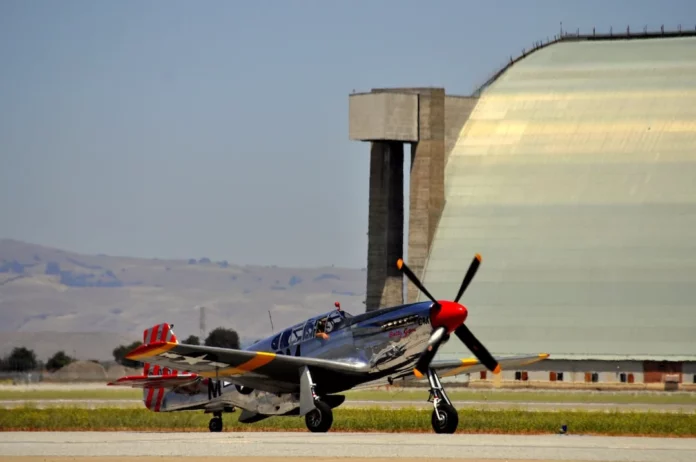Commercial Air Service Standards, commonly abbreviated as CASS, refer to the set of regulations and guidelines that govern the operation and safety of commercial air services in the aviation industry. These standards define the minimum requirements and expectations for airlines’ compliance with safety, security, and quality standards to ensure the well-being of passengers and the efficient functioning of the aviation system.
Commercial air service standards encompass various aspects of flight operations, including aircraft maintenance, crew training, operational procedures, and the overall management of airlines. The implementation of these standards is crucial in offering consistent, reliable, and safe air transportation services to passengers.
Importance of Commercial Air Service Standards
The establishment and enforcement of commercial air service standards are of paramount importance in the aviation industry. These standards play a critical role in ensuring the safety and security of passengers, crew members, and ground personnel. By adhering to these standards, airlines can significantly minimize the risks associated with aviation operations and maintain a high level of safety.
One of the primary reasons for implementing commercial air service standards is to prevent accidents and incidents. By setting strict guidelines for aircraft maintenance, including regular inspections, repairs, and component replacements, airlines can reduce the likelihood of mechanical failures during flight. This proactive approach helps prevent accidents caused by equipment malfunctions, ensuring that airplanes are airworthy and fit for service.
In addition to preventing accidents, commercial air service standards also aim to enhance the overall passenger experience and ensure efficient operations. By setting standards for crew training and proficiency, airlines can ensure that all flight personnel possess the necessary knowledge and skills to handle emergencies, provide excellent customer service, and maintain a safe environment throughout the flight. Furthermore, adherence to these standards helps airlines optimize their operations, leading to improved on-time performance, schedule reliability, and overall customer satisfaction.
Another crucial aspect of commercial air service standards is the emphasis on security measures. These standards require airlines to implement robust security protocols to safeguard passengers, crew, and aircraft from potential threats. By complying with these guidelines, airlines can mitigate the risk of security breaches, such as unauthorized access to restricted areas or the transportation of prohibited items onboard. This helps maintain a secure aviation system and instills confidence among passengers in the safety and reliability of air travel.
Implementation and Enforcement of Commercial Air Service Standards
Commercial air service standards are established and regulated by various international and national aviation authorities. These authorities include the International Civil Aviation Organization (ICAO) and the Federal Aviation Administration (FAA) in the United States, among others. These organizations work closely with airlines, industry experts, and regulatory bodies to develop and revise the standards periodically, taking into account emerging technologies, best practices, and lessons learned from incidents or accidents.
Once the commercial air service standards are defined, it is the responsibility of the airlines to ensure compliance with these standards throughout their operations. This involves developing internal policies, procedures, and manuals that align with the requirements set forth by the regulatory authorities. Airlines must establish comprehensive training programs for their personnel to ensure they fully understand and adhere to the standards. Regular audits and inspections are also conducted by the regulatory authorities to confirm airlines’ compliance and rectify any non-compliance issues.
In situations where airlines do not comply with the commercial air service standards, regulatory authorities have the power to impose penalties, sanctions, or even suspend the airline’s operating certificate. These enforcement measures are essential to maintain a high level of safety, security, and quality standards within the aviation industry.
Overall, the implementation and enforcement of commercial air service standards are critical to ensure the safety, security, and efficiency of commercial aviation operations. These standards provide a framework for airlines to follow, minimizing risks, optimizing operations, and offering passengers a reliable and consistent experience.
For More: What is BDI in Aviation? (Bearing Distance Indicator)




